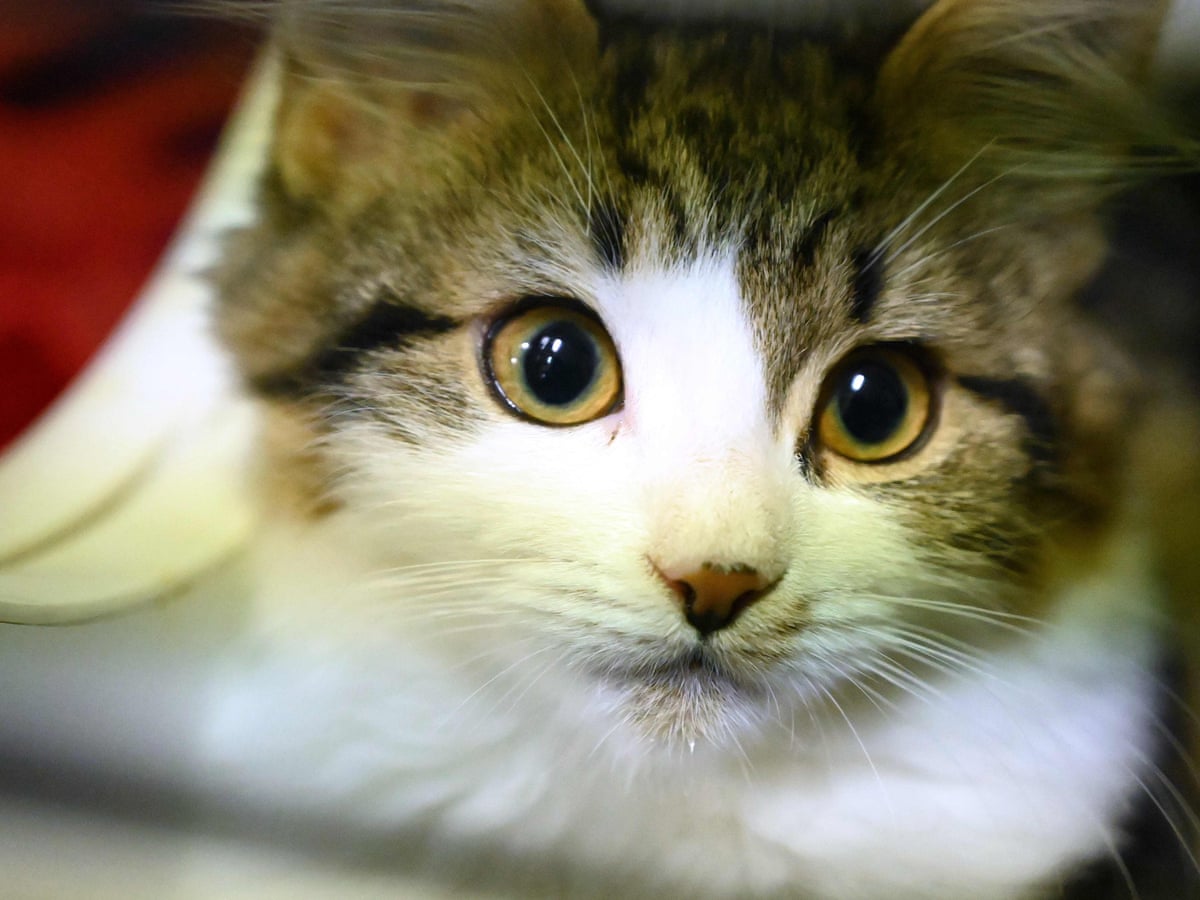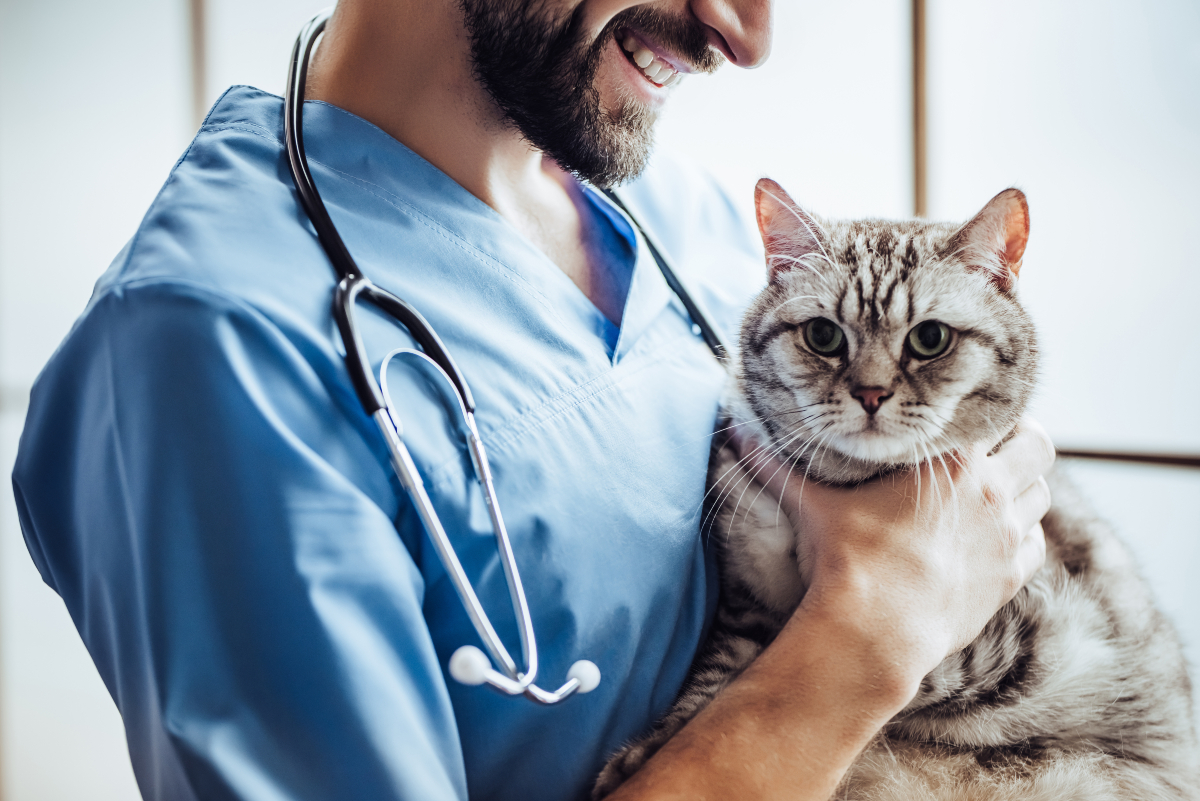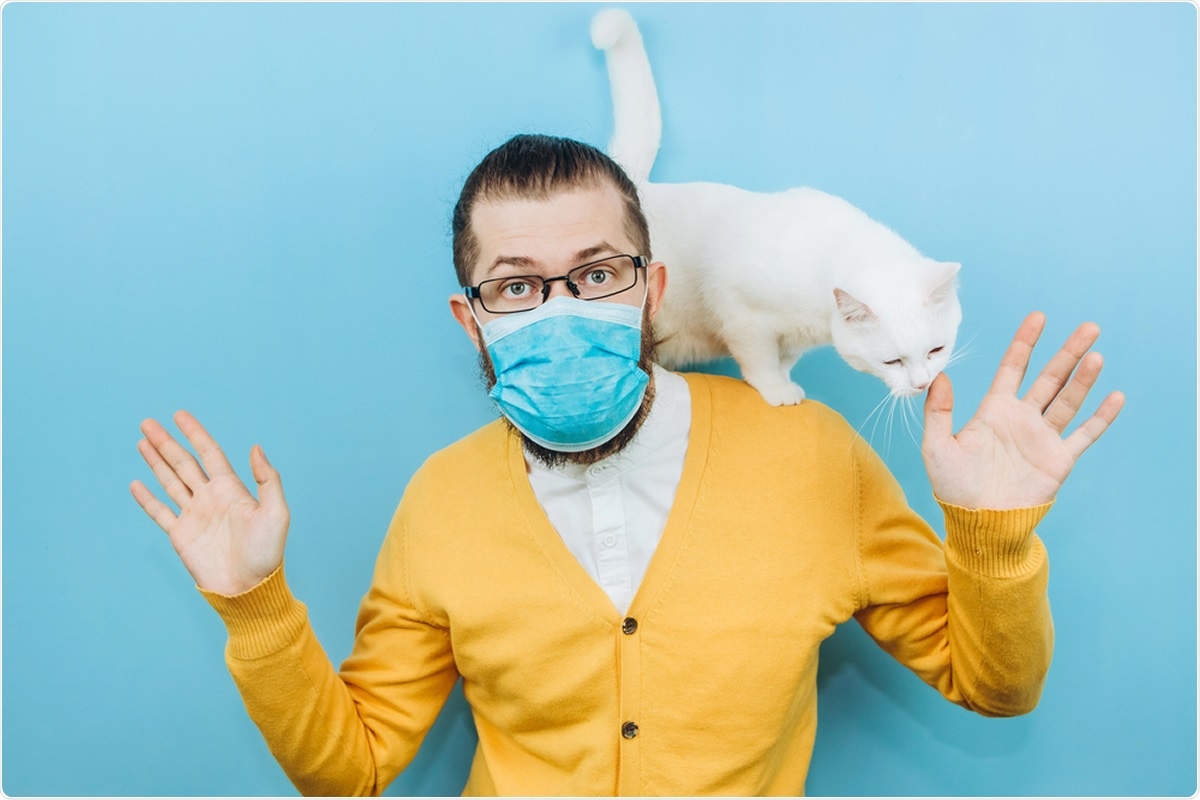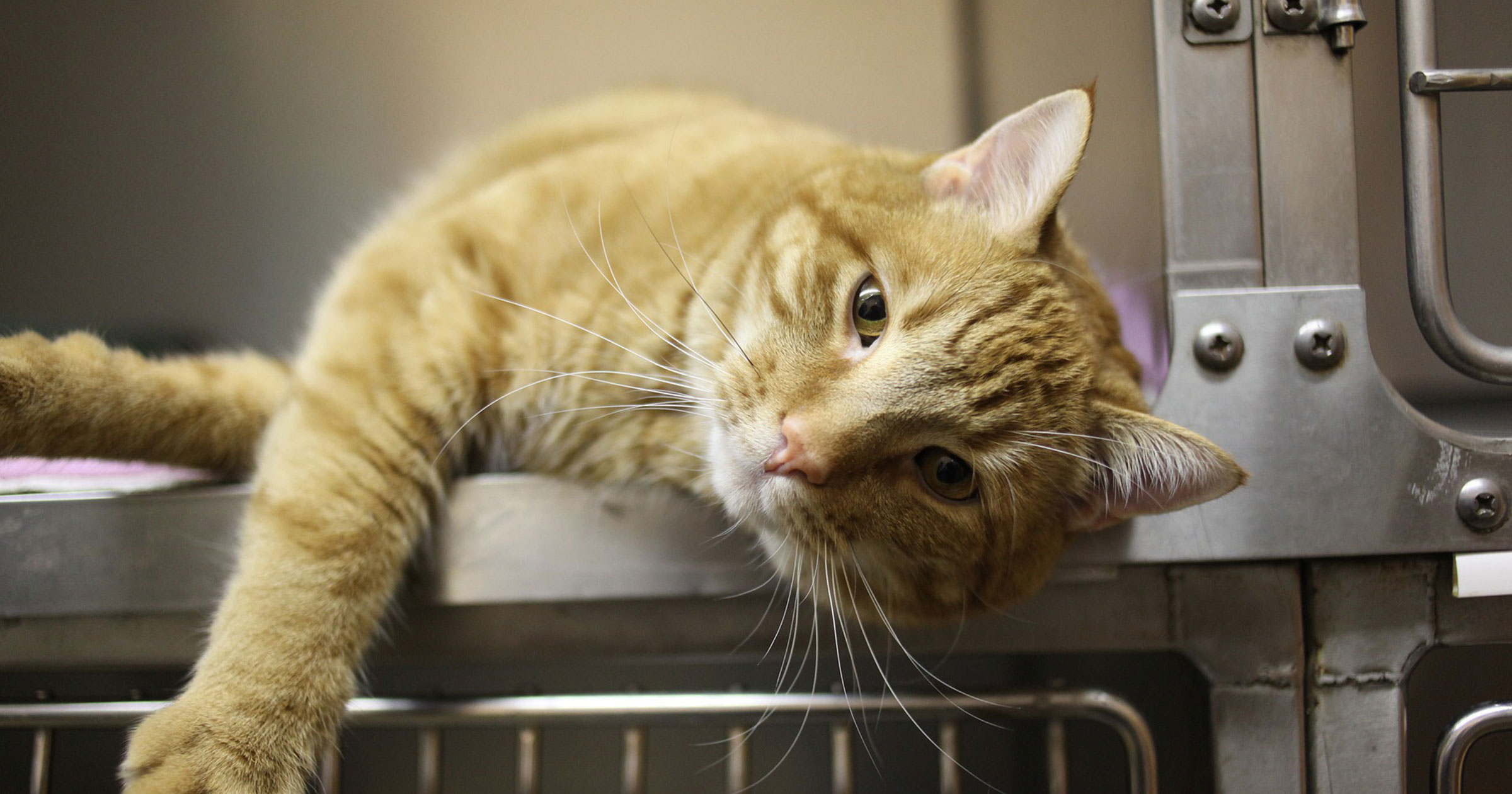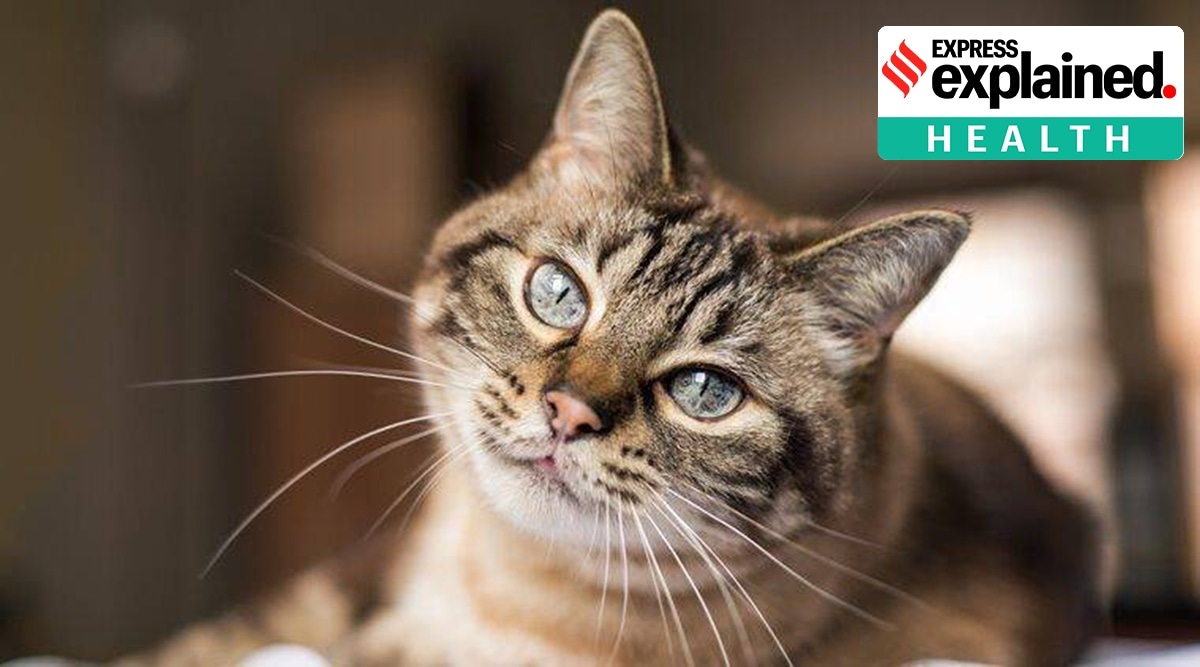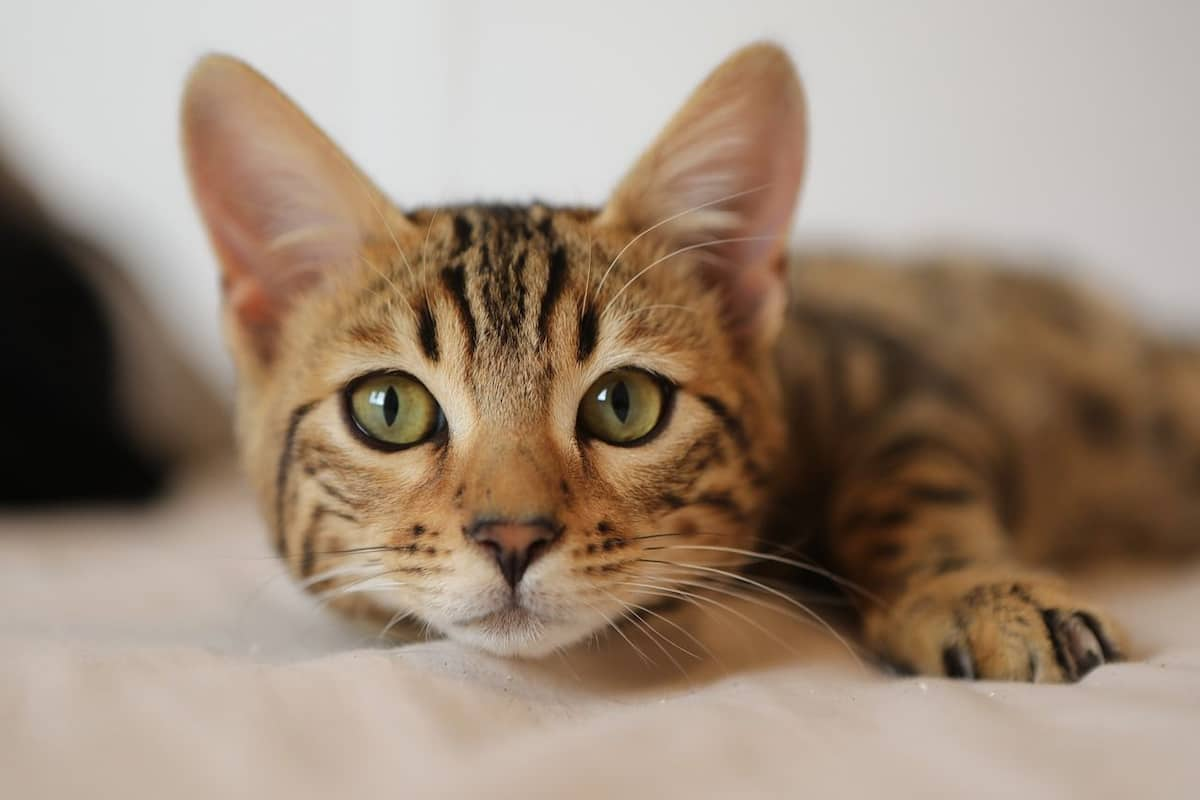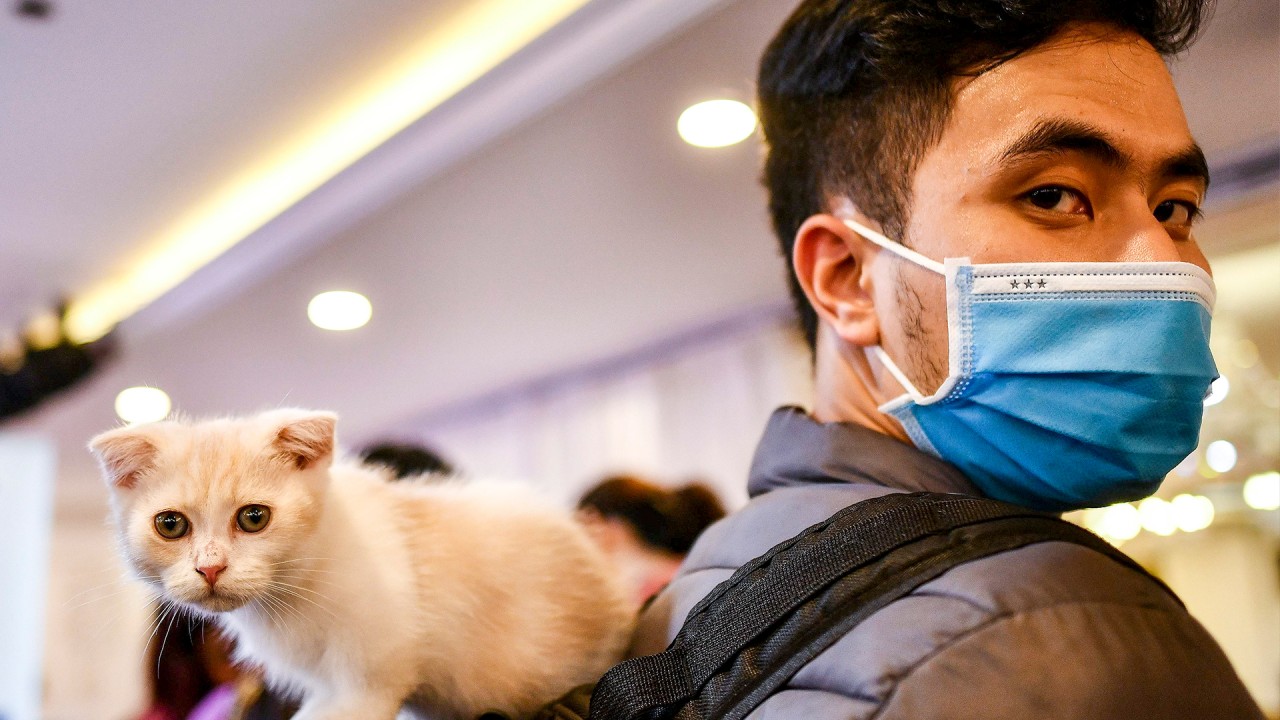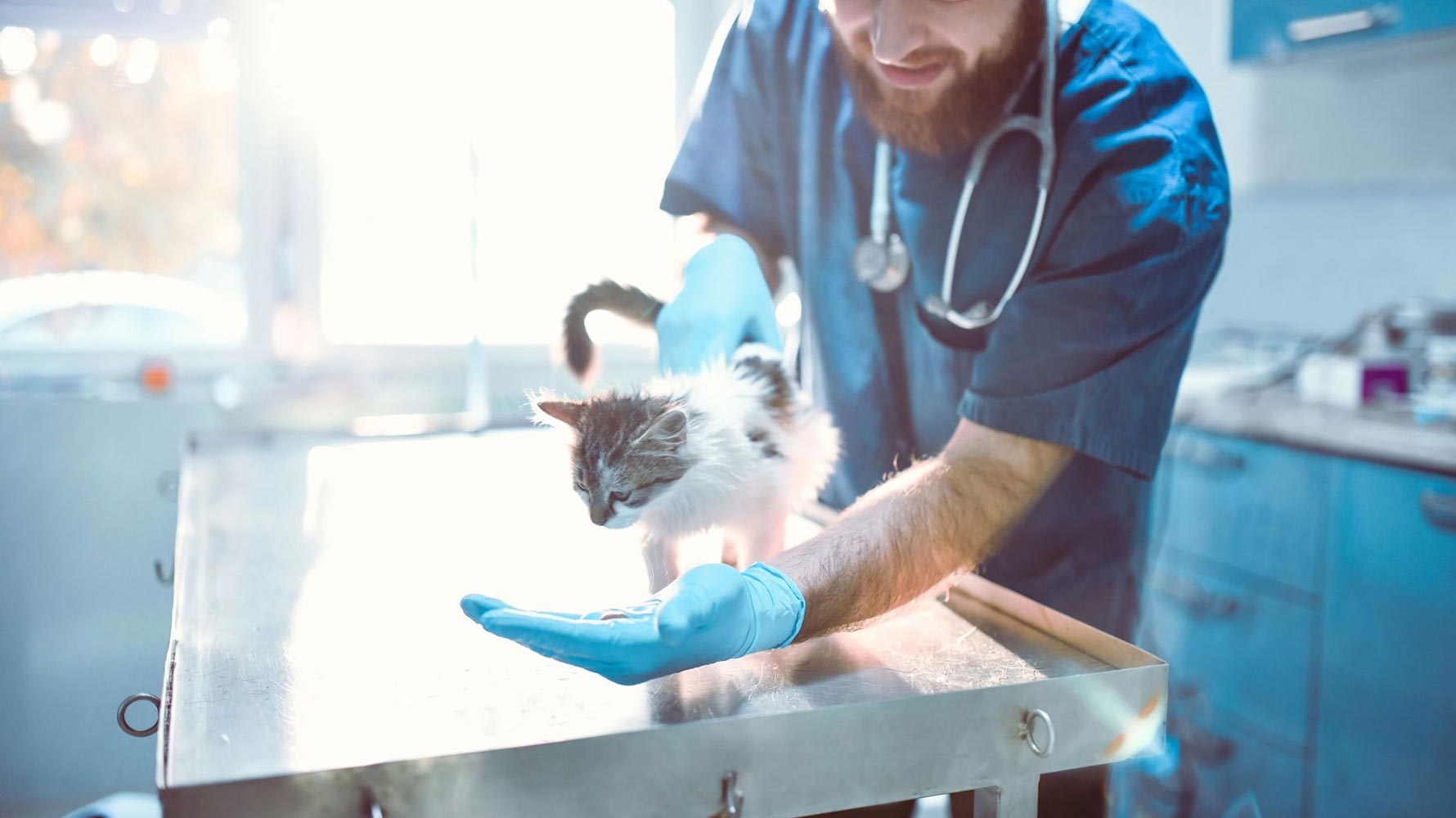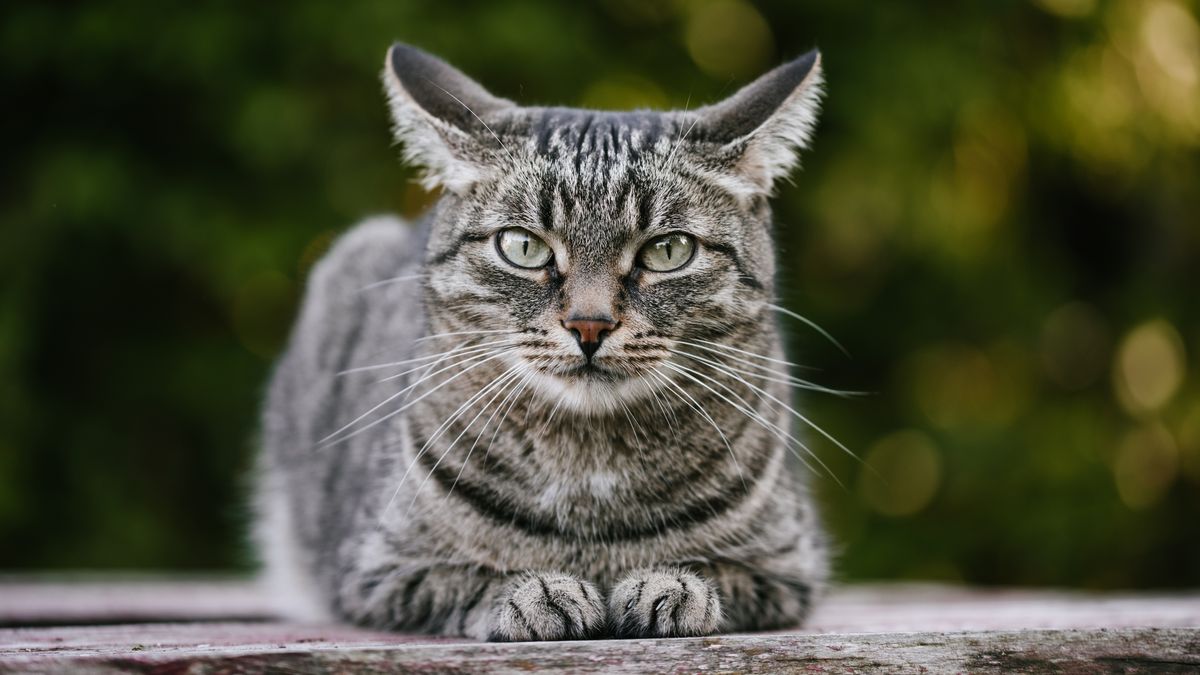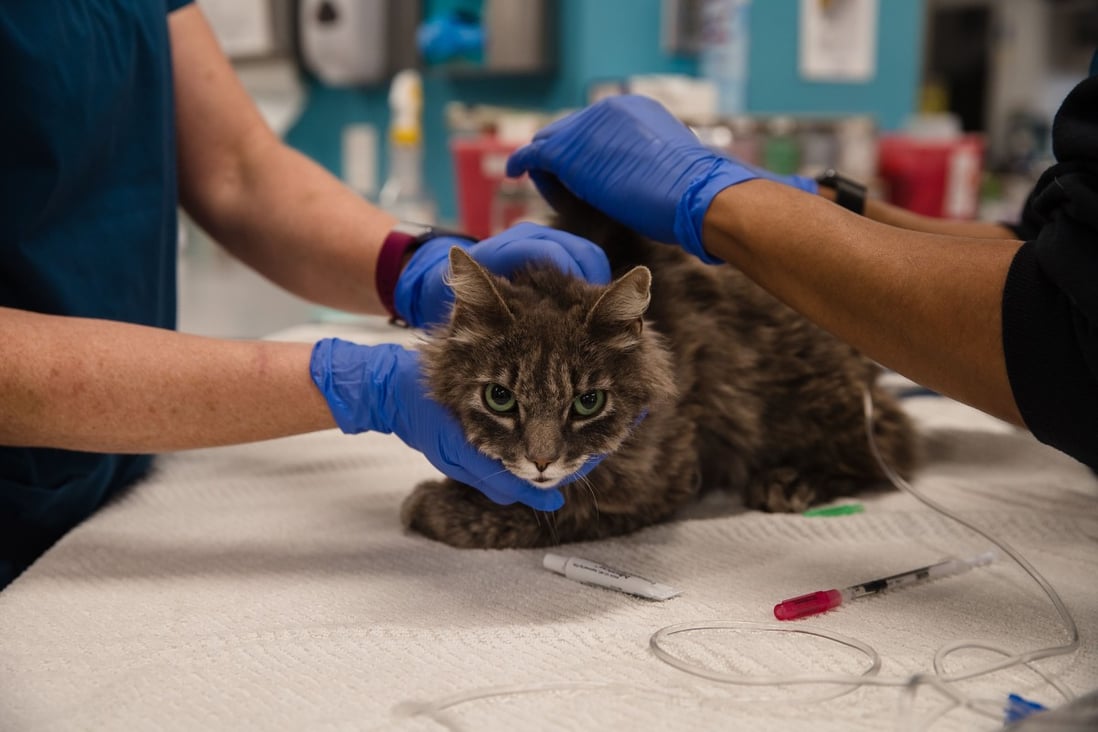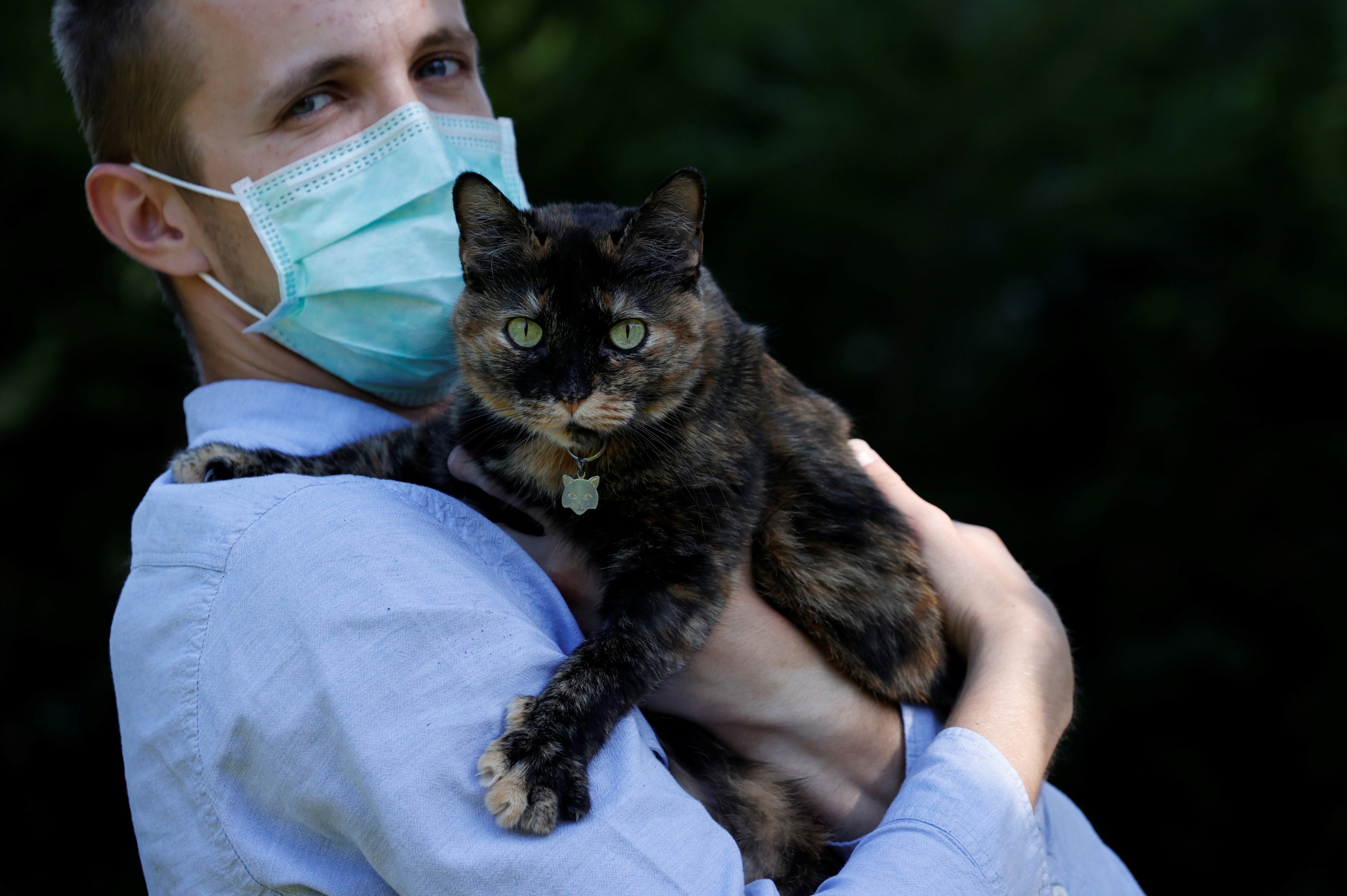Cats And Coronavirus Infection

Five specieshumans cats ferrets civets and dogshave had documented cases of infection by SARS-CoV-2.
Cats and coronavirus infection. Feline enteric coronavirus typically causes a subclinical or mild transient intestinal infection in kittens. Fever- A normal temperature for your cat falls between 995-1025 Fahrenheit. Feline Coronavirus FCoV is a common viral infection in cats.
Two cats from Spain are offering new insights into how felines respond to COVID-19 with scientists saying the animals appeared to have a robust immune response that protected them from developing. In catteries it is a cause of inapparent to mildly severe. How does a cat catch FCoV.
It is important to note that Feline Coronavirus FCov is not associated with the current coronavirus pandemic. According to the CDC the following signs may indicate that your cat has contracted COVID-19. Mutation of the virus to a type that can infect macrophages leads to feline infectious peritonitis.
This virus has been designated feline enteric coronavirus to differentiate it from FIPV. Fifteen of the cats had COVID-19 antibodies in their blood and 11 of those cats had neutralizing antibodies that bind to the coronavirus and block infection. Coronavirus infection is extremely widespread in cats especially where large numbers of cats are kept together.
An enteric coronavirus that is antigenically closely related to feline infectious peritonitis virus FIPV is ubiquitous in the cat population. This virus has been designated feline enteric coronavirus to differentiate it from FIPV. It is more commonly found in multi-cat households and does not affect other animals or people.
As yet poorly understood changes in the virus can give rise to mutants that lead to the development of feline infectious peritonitis FIP. The virus is shed in the feces by many seropositive cats. Cats can be infected with the coronavirus that causes COVID-19 and can spread it to other cats but dogs are not really susceptible to the infection say researchers in.
